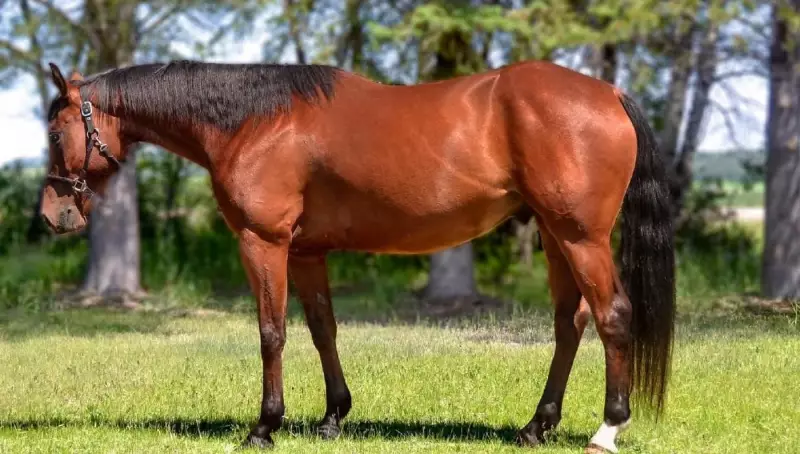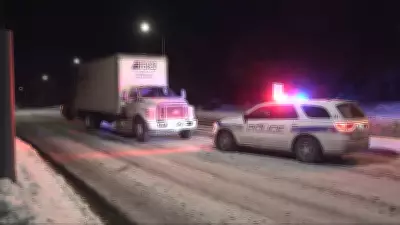
In a dramatic twist that's rocking Alberta's equestrian community, a Ponoka County horse trainer accused of theft claims she's actually the victim in a bitter payment dispute that's left both sides pointing fingers and one horse caught in the middle.
The Mysterious Case of the Missing Horse
The controversy centers around Hank, a horse that disappeared from his owner's property, leading to theft allegations against trainer Katelynn Mckay. But according to Mckay, this isn't a case of horse theft—it's a story about unpaid bills and a trainer fighting for compensation.
"I didn't steal Hank," Mckay insists. "I moved him because I needed to ensure I'd get paid for months of training and care. This is about basic business fairness."
Mounting Bills and Growing Frustration
Mckay claims she had been training and caring for Hank since February, accumulating significant expenses that went uncompensated. As the bills piled up, so did her frustration with the horse's owner, Katelyn Riddell.
"I tried multiple times to resolve this professionally," Mckay explains. "When communication broke down and payment wasn't forthcoming, I felt I had no choice but to secure the asset—the horse—until the financial matter could be resolved."
The Legal Battle Unfolds
The situation escalated quickly when Riddell discovered Hank was missing and filed a theft complaint with the Ponoka County RCMP. Now, both women find themselves entangled in a legal battle that could set precedents for how trainer-client disputes are handled in Alberta's equestrian industry.
Mckay faces serious criminal charges, but maintains that her actions were justified given the circumstances. "I'm not a criminal," she states firmly. "I'm a businesswoman who provided services and deserves to be paid for my work."
Broader Implications for Alberta's Horse Industry
This case highlights the often-murky waters of equestrian business agreements and what recourse trainers have when clients don't pay. Many in Alberta's horse community are watching closely, aware that the outcome could affect how training contracts are structured and enforced across the province.
The emotional toll on both parties is evident. For Riddell, it's about the sudden loss of her beloved horse. For Mckay, it's about professional reputation and financial survival.
What Happens Next?
As the case moves through the legal system, several key questions remain unanswered:
- Where is Hank currently located?
- What evidence exists regarding the training agreement and payment terms?
- How will the courts balance property rights against service provider rights?
- Could this case lead to clearer regulations for Alberta's equestrian professionals?
For now, Mckay continues to maintain her innocence while fighting for what she believes is rightfully owed. "I just want fair compensation for my work," she says. "This was never about stealing a horse—it was always about getting paid for services rendered."
The Alberta equestrian community awaits resolution, hoping this case leads to greater clarity in trainer-client relationships while reminding everyone of the importance of clear contracts and prompt payment in the industry.





